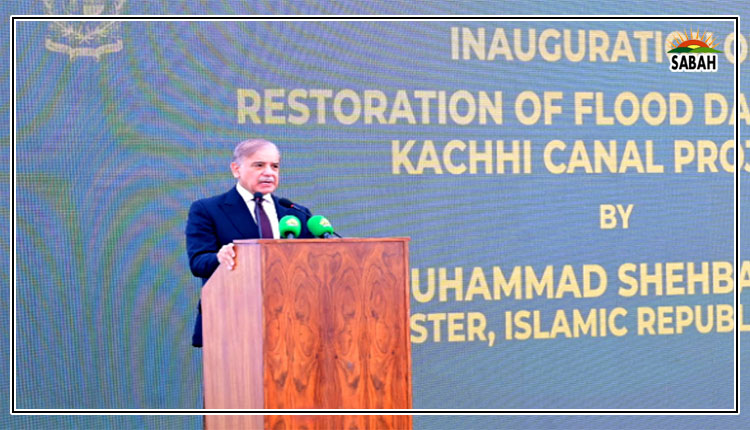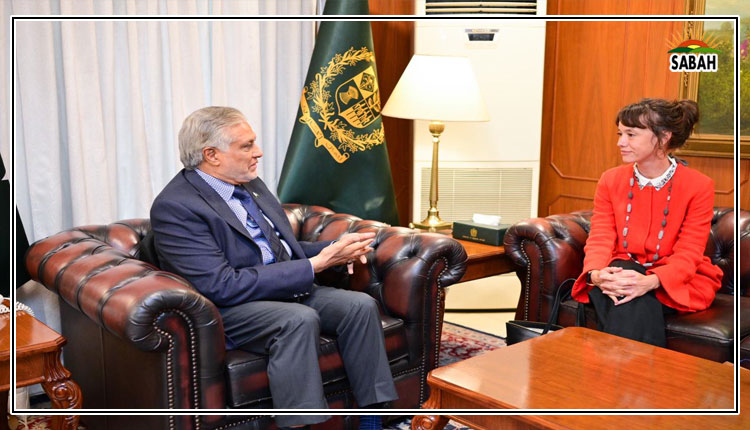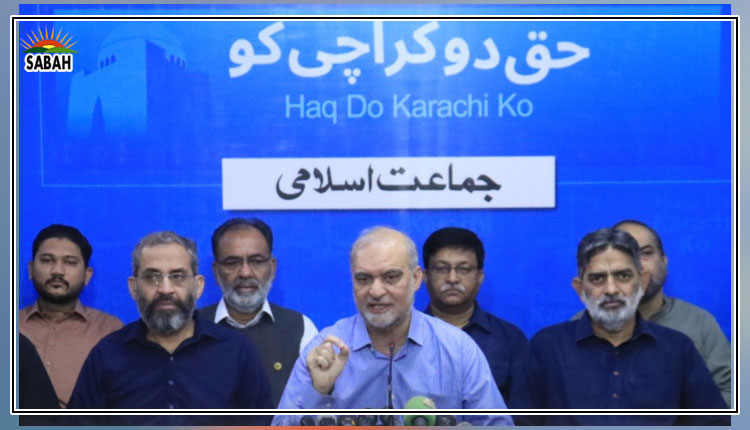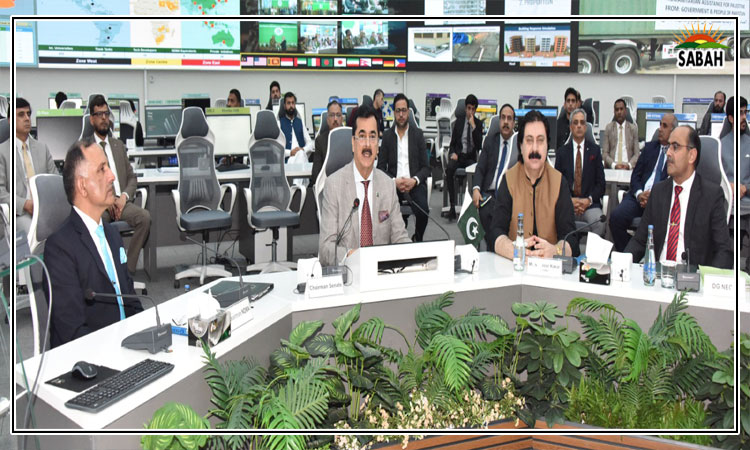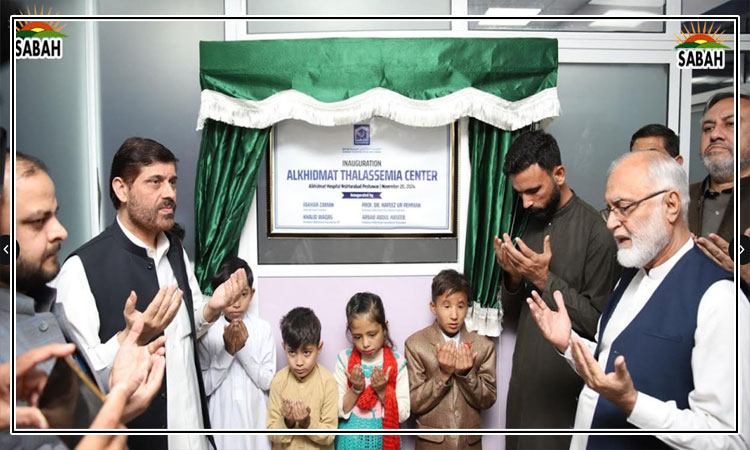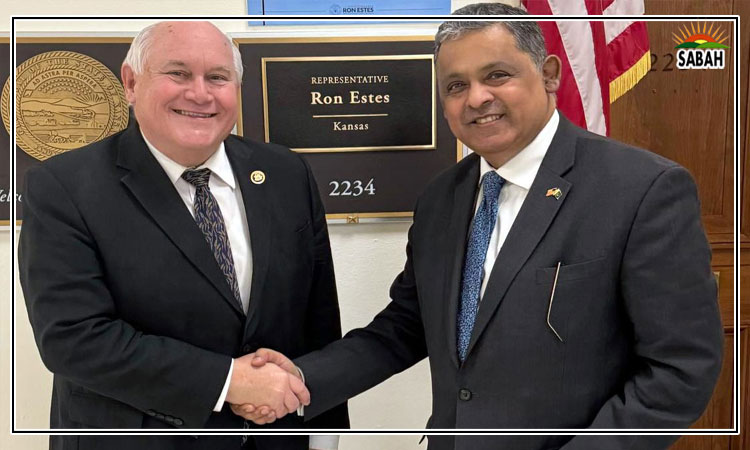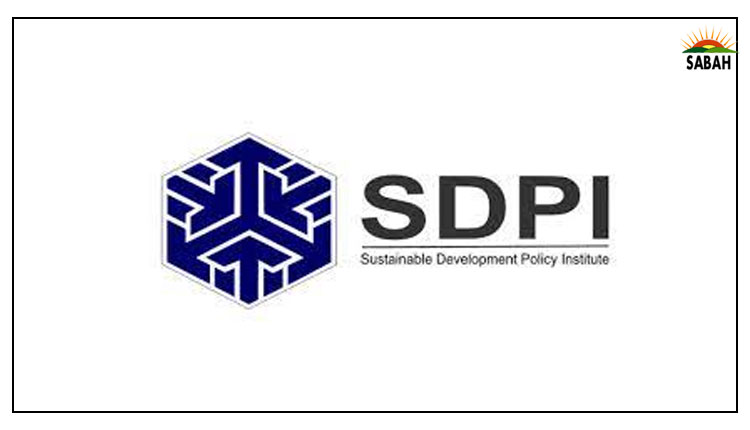Pakistan needs diversified, inclusive policies for better health promotion: Experts
ISLAMABAD, Dec 06 (SABAH): Pakistan needs diversified and aligned efforts based on masses awareness and capacity building to ensure prevention from multifaceted neurological disorders.
This was stated by experts at a panel discussion titled: Emerging Challenges in Health Policy: Multifaceted Case of Rare and Neurological Disorders in Pakistan, on the second day of 25th Sustainable Development Conference (SDC) organized by Sustainable Development Policy Institute (SDPI) and jointly held alongside UNESCAP’s 6th South and South-West Asia High-level Political Forum and Policy Dialogue on SDGs. The 4-day conference is being held in Islamabad from 5-8 December 2022.
Ms Romina Khurshid Alam, Special Assistant to Prime Minister on SDGs encouraged the internationally practiced developed approach of pre-martial testing and screening. Proper training capacity, earlier detection and avoiding steroids are the areas to work on. She said concerted efforts are required from all sectors for emerging diseases policy formulation.
Dr. Ehtesham Khalid, Neurophysician from Multan, highlighted the challenges regarding diagnostic measures, financial constraints, and advanced education programmes. He gave the examples of multiple sclerosis (MS) spinal muscular atrophy (SMA) and NMOSD that how these diseases lead to disability and require multi-disciplinary approach to treatment.
Hassan Raza, Advisor, Hemophilia Foundation Pakistan, in his presentation voiced the importance of government support in terms of funding and advanced diagnostic facilities for Haemophilia patients.
Mr Ali Kemal, Chief of SDGs, Ministry of Planning, said the magnitude of such patients is over 23,000. He said preventive and equitable strategies should be considered to combat this challenge. He proposed that the awareness of lady health workers program, public-private partnerships and formulation of policies and laws will also be beneficial in this regard.
Dr. Shazia Sobia Aslam Soomro, Parliamentary Secretary for Health, stressed the need for an effective policy making and its proper implementation. Ulema and media forums can play a crucial role in channelizing public awareness campaigns. The government of Sindh has set up autism centers where diagnosis of thousands of babies per day is done free of cost. Organizations like Roche and other can contribute effectively for the formulation of national action plan.
Dr. Tayyaba Masood, Director Medical Services, Sehat Tahafuz Programme, Ministry of Poverty Alleviation and Social Safety, said that we lack in research, finance and proper neurology departments. Specailized diagnostic centers and early rehabilitation of patients is much needed. Sehat Tahafuz Program has facilitated the treatment of MS and Haemophilia patients free of cost.
Dr. Shahzad Ali Khan, Dean and Vice Chancellor, Health Sciences Academy, Islamabad, said that these disorders are not rare, but in fact emerging rapidly. Risk factors like genetics and malnutrition need to be catered. Half of the population of pregnant women is anemia-stricken. Awareness of masses, pre-marital testing and screening, training and capacity building can help in earlier detection and prevention of these disorders. Primary Healthcare negligence with system delays can increase mortality rate.


